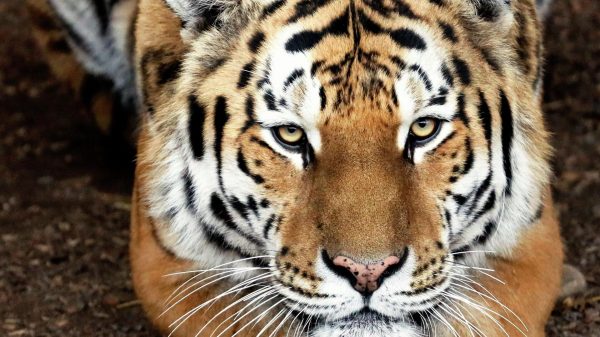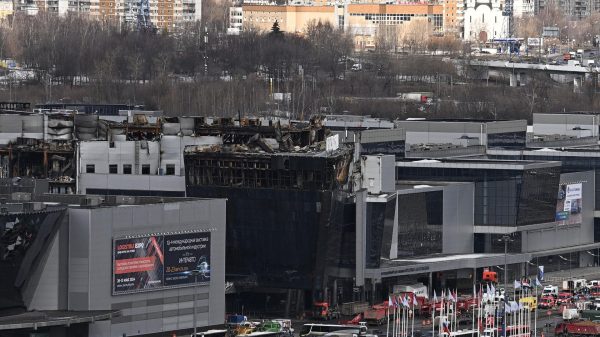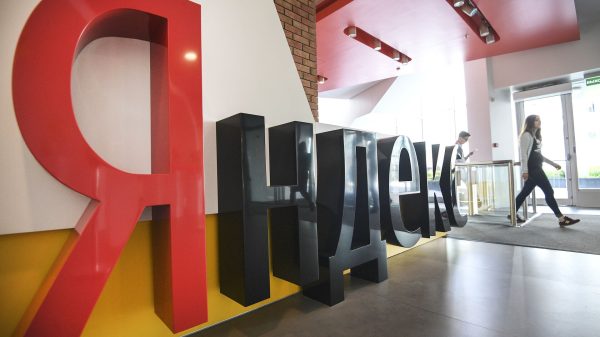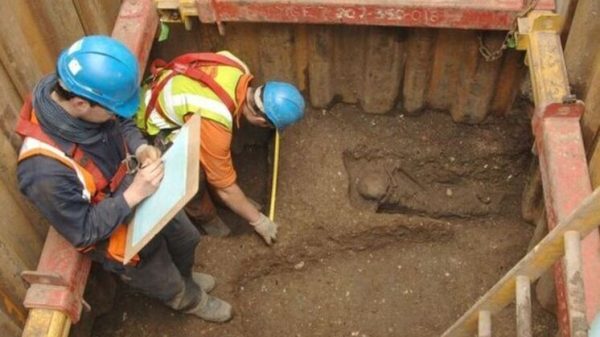A year on from the start of the world’s biggest health crisis, we now face a human rights pandemic.
Covid-19 has exposed the inequalities and fragilities of health and political systems and allowed authoritarian regimes to impose drastic curbs on rights and freedoms, using the virus as a pretext for restricting free speech and stifling dissent.
There has been a global crackdown on opposition activists and human rights defenders, attacks on journalists, and a roll out of invasive tracking apps and extreme surveillance measures that are likely to far outlast the virus.
Over the coming years, the economic fallout of the pandemic will hit millions. Those already facing stigma and marginalisation will suffer the most: women, girls, refugees and asylum seekers, people with disabilities, ethnic minorities and indigenous communities.
Human rights crises in countries including Myanmar, Syria, Venezuela and South Sudan threaten lives, health and freedoms.
Yet the pandemic has also seen a growing global momentum of resistance, a fight back to protect hard-won rights.
Journalism has always been a crucial tool in holding those in power to account and highlighting the drivers and systems that violate the fundamental rights of every human being, as enshrined in law.
At this critical moment, there is an urgent need to focus attention on those who are suffering and what can be done to help them.
Rights and Freedom is a new Guardian reporting series to investigate and expose human rights abuses, and elevate the voices of people working on the frontline, fighting back for themselves and their communities.























































Свежие комментарии